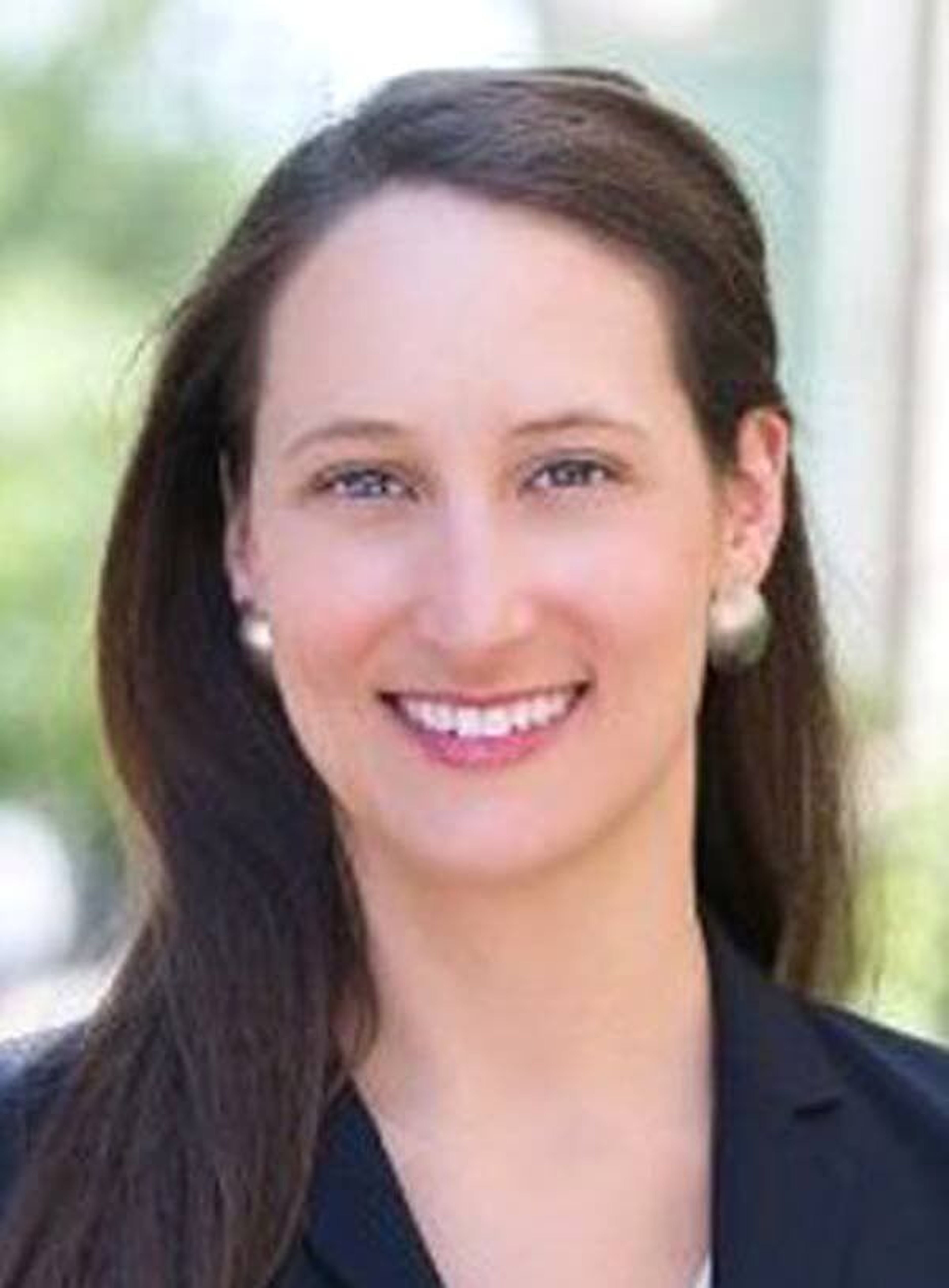University of Idaho panelist warns of vaccine nationalism
Borah Symposium event tackles politics, pandemic
MOSCOW — A panelist at the University of Idaho’s Borah Symposium on Monday said inequitable COVID-19 vaccine distribution worldwide is putting everyone at risk.
“The longer we allow this virus to circulate unchecked anywhere on the planet, it’s going to continue to mutate,” said Jenny Ottenhoff, senior policy director of global health and education at ONE. “We’re at risk of variants that are more contagious, more deadly and eventually more resistant to the tools we have.”
ONE is a global movement campaigning to end extreme poverty and preventable disease by 2030. ONE’s board of directors includes musician Bono and Cheryl Sandberg, CEO of Facebook.
Ottenhoff was one of several speakers at Monday’s online forum. The annual symposium, which continues through Wednesday, has been held every year at UI since 1948, with the goal of providing “new ideas for overcoming the obstacles to world peace.”
Before COVID-19 vaccines were even available, Ottenhoff said rich countries purchased most of them and left few for poorer countries. She called this “vaccine nationalism.”
Ottenhoff also drew parallels between the current COVID-19 pandemic and the HIV epidemic that began in the 1980s.
“We’ve seen this happen before and we should have seen it coming,” she said. “The world wasn’t prepared.”
Another panelist, Jamie Aten, said the pandemic has turned into a political divide. Aten is the founder and executive director of the Humanitarian Disaster Institute at Wheaton College in Illinois.
When disaster strikes, he said biases, prejudices and attacks begin to emerge.
“I’ve actually had death threats against me for advocating people get the vaccine,” he said. “What had been a culture war, we are turning into much more of a literal war against each other.”
Isaiah Wilson, the former director of the Strategic Studies Institute and United States Army War College Press, said the politics of the pandemic must be dealt with in order to combat the virus.
“A perfect enemy doesn’t care who we are or what our politics are,” Wilson said. “The biggest threat with a threat like COVID-19 may be more ourselves than the national threat itself.”
The symposium continues today with another virtual event, the Renfrew Colloquium, at 12:30 p.m. Scott Minnich, a professor at the university, will talk about social change and the 14th century plague pandemic.
On Wednesday, the symposium will conclude with a keynote presentation from Michael Osterholm, an epidemiologist and director of the Center for Infectious Disease Research and Policy. The event is at 7 p.m. in the International Ballroom of the Bruce Pitman Center.
Palermo can be reached at apalermo@dnews.com or on Twitter @apalermotweets.









